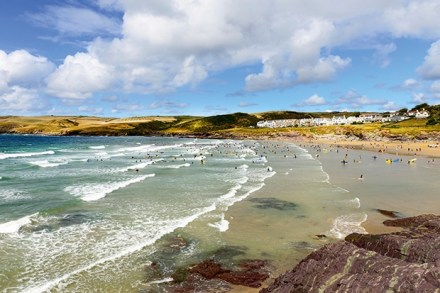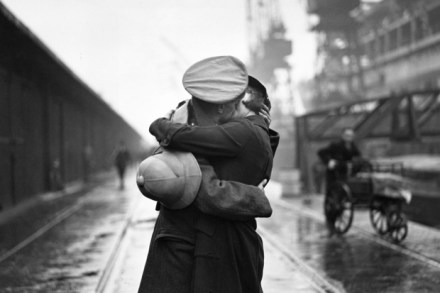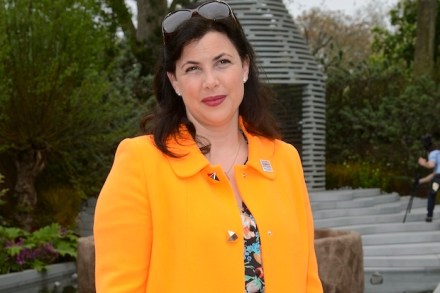North Cornwall
In a documentary filmed at the end of his life, Sir John Betjeman, who lived in the village of Trebetherick on the Camel estuary in north Cornwall, famously regretted not having had more sex. That problem doesn’t seem apply to today’s party crowd in the area. Nearby Rock and Polzeath are thronging with bingeing public-school teenagers, traffic jams of gleaming 4x4s, and new-build houses with plasma screens, wet rooms and all that hedge-funders require. David Cameron has body-boarded at Polzeath on recent holidays, his security detail bobbing like seals around him. For children of the 1960s, memories of frugal holidays in north Cornwall include pasties, fathers in baggy shorts, and















